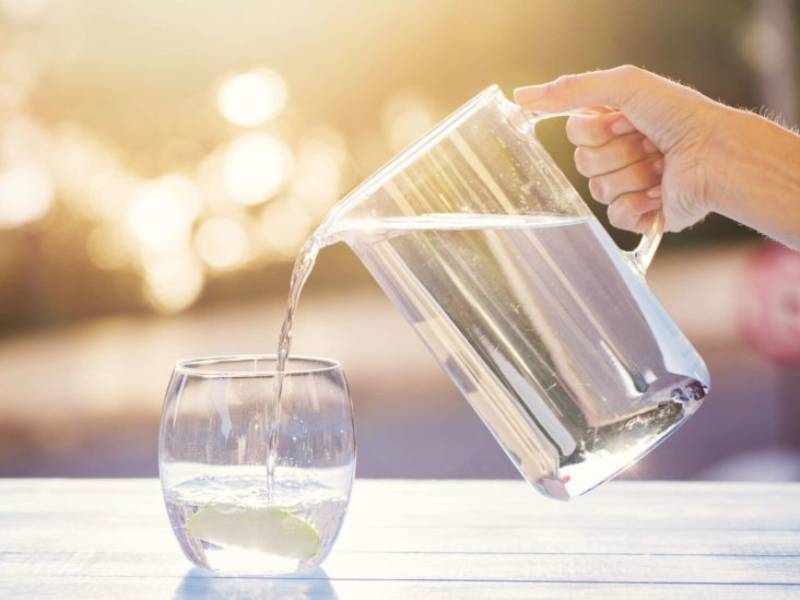According to a recent report by the World Health Organization (WHO), 4% of people worldwide die due to being unable to access safe drinking water and unhygienic lifestyle. It is high time we realize that safe drinking practices should not come as a privilege, and it should be accessible for everyone irrespective of the geographical conditions.
At this juncture, technology should play a vital role in bringing communities closer by democratizing the supply of clean water. Sensing the need of the times, visionary companies like Infinite Water have stepped in and are revolutionizing the water supply sector. With the nuanced use of technology, emerging organizations like Infinite Water demonstrate how one can transform even highly contaminated water into drinking to the purest form of water.
On average, a single person requires a minimum of 25-50 liters of clean water a day for drinking, cooking and other essential needs. Governments alone cannot fulfill every individual’s needs in developing nations due to the same nationwide demand. To satiate everyone’s water needs, governments should promote private firms that invent new techniques to convert wastewater into usable drinking water. Governing bodies worldwide should keep in mind that access to clean drinking water is a fundamental human right as water connects inextricably to all aspects of human life.
WHAT MAKES ACCESS TO SAFE DRINKING WATER SO IMPORTANT?
Here is a look at some of the reasons that explain the importance of clean drinking water.
SUSTENANCE
Water influences every aspect of human physiology, as 60 percent of the human body is composed of water. Water is also an essential source of nutrition as it is vital in regulating humans’ organ functioning. In the transportation of essential nutrients to various human body cells, water plays a crucial role.
PRECAUTION FROM DISEASES
According to a recent study conducted in the US, drinking 16 cups of water every day alone can safeguard us from several diseases. On the contrary, it is a well-known fact that lack of safe drinking water can push people to severe diseases like hepatitis, cholera and typhoid. The condition is worse in underdeveloped regions like Africa since people drink water from sewages and contaminated sources due to water scarcity. Clean drinking water is vital to stay safe from deadly diseases.
TOXIN-FREE
Drinking unhygienic water will pave the way for many toxins to enter the body, which can cause diarrhea, Guinea-worm disease, dysentery, etc. These are common problems faced by most of the people in countries like Kenya, Uganda and Somalia. The conditions in these countries are often unnoticed by authorized bodies, and they remain unsolved.
FOR AGRICULTURAL NEEDS
Agriculture uses clean water that is devoid of chemicals and other harmful substances. The supply of contaminated water to the crops will provide a fertile ground for bacteria to thrive on the grains and harm the consumer. Hence, it is crucial to ensure that the water supplied in agricultural fields is clear and safe for both crops and humans.
FOR A SUSTAINABLE FUTURE
Clean water is required to advance towards a better future with healthy human beings. Safe drinking practices are essential to elevating a society from poverty to prosperity since each community comprises many healthy individuals.
EDUCATION
Consumption of unsafe water harms education since children will often face health problems in such a scenario. Every child deserves to live in a hygienic environment, and thus the need for clean drinking water should be foregrounded.
